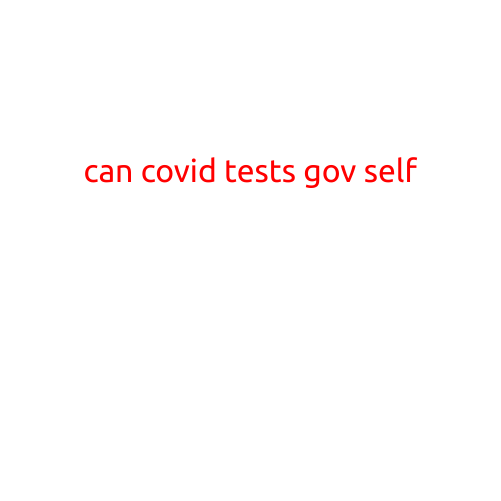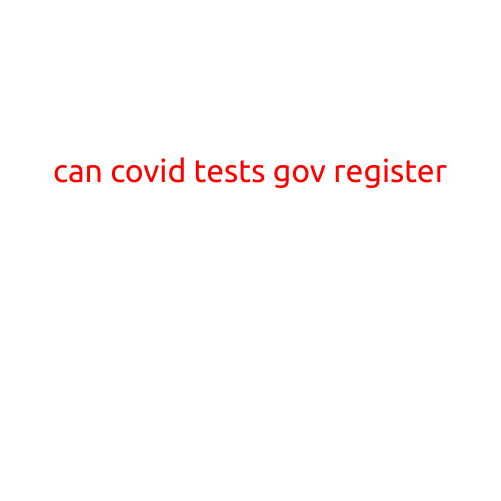
Can COVID Tests Go Wrong Today?
As the world continues to grapple with the ongoing COVID-19 pandemic, one crucial tool in the fight against the virus has been COVID-19 testing. With numerous types of tests available, ranging from rapid antigen tests to PCR (polymerase chain reaction) tests, people are relying on these tests to diagnosis and monitor their COVID-19 status. However, like any medical test, COVID-19 tests are not infallible and can sometimes yield incorrect results.
In this article, we will explore the reasons why COVID-19 tests can go wrong, the causes of false positives and false negatives, and what you can do if you receive an incorrect test result.
Why COVID-19 Tests Can Go Wrong
There are several reasons why COVID-19 tests can produce incorrect results. Some of the most common causes include:
- Sampling errors: COVID-19 tests typically require a nasal swab or saliva sample. If the sample is not taken correctly or is contaminated, it can affect the accuracy of the test result.
- Test kit limitations: While test kits are designed to detect the virus, they are not perfect. Some kits may be more sensitive than others, and certain types of genetic mutations can evade detection.
- Patient factors: Certain medical conditions, such as respiratory infections or tumors, can affect the accuracy of COVID-19 tests.
- Test timing: The timing of the test can also impact accuracy. For example, if a person takes a test too early in the course of the illness, the virus may not be detectable yet.
- Handler errors: Human error can also play a role in incorrect test results. For example, if a healthcare worker fails to follow proper testing protocols or mislabeled a sample, it can impact the accuracy of the result.
False Positive Results
A false positive COVID-19 test result occurs when a person tests positive for the virus but is not actually infected. This can happen for several reasons, including:
- Cross-reactivity: Other viruses or bacteria can trigger a false positive result if the test kit is not specific enough.
- Sample contamination: If the sample is contaminated with the virus, it can trigger a false positive result.
- Test kit flaws: Some test kits may be more prone to false positives due to manufacturing defects or design flaws.
False Negative Results
A false negative COVID-19 test result occurs when a person tests negative for the virus but is actually infected. This can happen for several reasons, including:
- Sampling errors: If the sample is not taken correctly or is contaminated, it can lead to a false negative result.
- Low viral load: If the person has a low viral load, the test may not be able to detect the virus.
- Timing: If the test is taken too early or too late in the course of the illness, it can lead to a false negative result.
What to Do if You Receive an Incorrect Test Result
If you receive a COVID-19 test result that you believe to be incorrect, what can you do? Here are some steps to follow:
- Seek a second opinion: Consult with a healthcare professional and ask them to review your test results and medical history.
- Get re-tested: If you believe you have a false positive or false negative result, ask your healthcare provider to re-test you using a different type of test.
- Monitor your symptoms: Pay attention to your symptoms and consult with a healthcare professional if they worsen or change.
- Stay vigilant: Continue to follow public health guidelines and take precautions to prevent the spread of COVID-19, even if you believe your test result is incorrect.
In conclusion, while COVID-19 tests are an important tool in the fight against the pandemic, they are not infallible. Understanding why tests can go wrong and what to do if you receive an incorrect result can help you navigate the complexities of COVID-19 testing.





